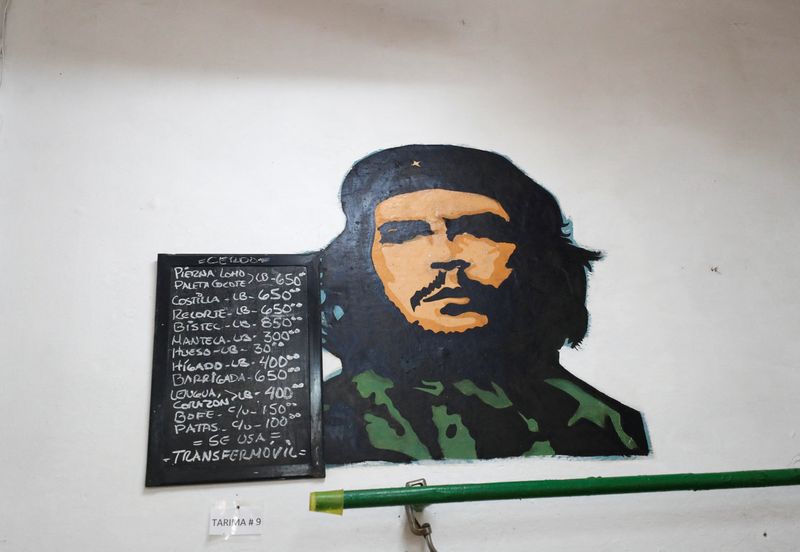HAVANA (Reuters) - Cuban President Miguel Diaz-Canel and top officials on Monday tried to reassure the country price rises and tax hikes were necessary, days ahead of an expected five-fold increase in the price of gasoline, but said more explanation may be needed.
Cuba in late December announced a series of measures, including hikes in the prices of fuel and public transport, aimed at narrowing a yawning deficit. Critics have described the increases as inflationary, ill-timed and lacking incentives for domestic production.
Political leaders had to prepare themselves for a national debate as the measures take hold, Diaz-Canel said, according to a summary of a recent Council of Minister`s meeting published on Monday by the president's office.
"We may find ourselves ... with workers' groups, with the party core, who will not understand and we need to explain it to them well," Diaz-Canel said in a six-page summary of the meeting, which called on the communist-run government to confront any deviations from the "spirit" of Fidel Castro`s 1959 revolution.
Cubans, already weary from years of shortages, high prices and long lines at the gas pump and even for basic food items like bread and chicken, braced for even more pain as the February hikes loom.
The peso has weakened nearly 5% on the informal market this year since the measures were announced, to 285 to the dollar, further slashing buying power and fueling inflation even before many of the measures have taken effect.

Economy Minister Alejandro Gil said the government`s previously announced plan to regain control of the peso and the illegal black market exchange was well under way, promising a solution "this year."
“We are working hard on this because of the impact it has on promoting and stimulating production,” said Gil.